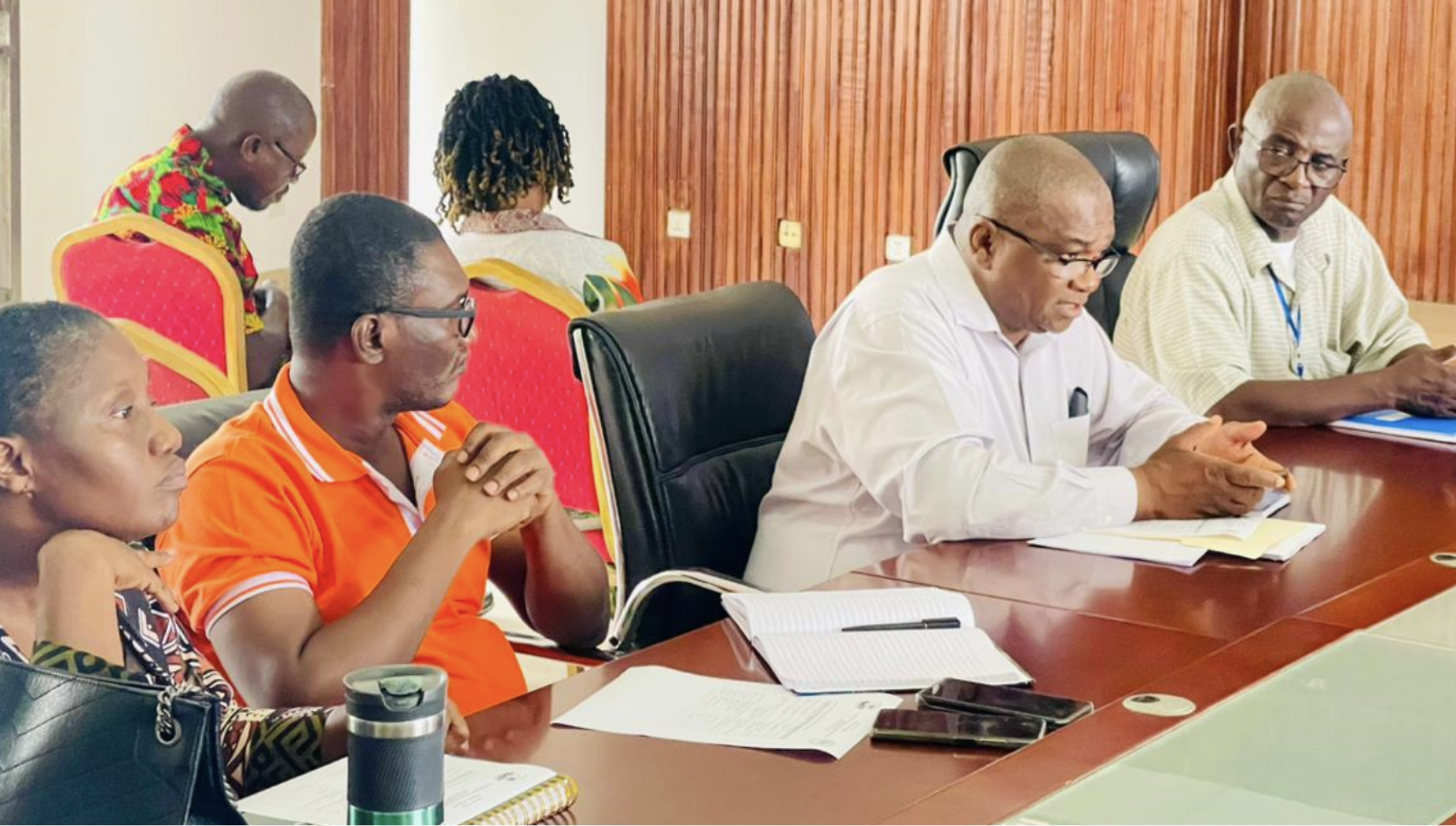The National Health Accounts (NHA) for Liberia, covering the fiscal year 2019/2020 was validated during a recent workshop organized by the Ministry of Health. Key findings highlighted a significant out-of-pocket spending rate of 62%, alongside recommendations for the Ministry to develop policy briefs to advocate for sustainable financing and enhance health services.
Monitoring health system expenditure is critical for achieving universal health coverage, and the National Health Accounts (NHA) provides an effective framework for tracking these expenditures over a year. The NHA functions as a diagnostic tool that helps evaluate health spending levels and informs health policy formulation, planning, and advocacy. The latest NHA report, covering the fiscal year 2019/2020, represents the seventh cycle of NHA reporting for Liberia, with data collected from July 1, 2019, to June 30, 2020. It’s important to note that Liberia shifted to a January-December fiscal year from 2021.
The NHA is overseen by the Ministry of Health’s Healthcare Financing Unit and estimates household out-of-pocket expenses based on the 2016 Household Income and Expenditure Survey, while also gathering information on financing from employers, insurance, donors, and NGOs. On June 12, 2024, the Ministry of Health conducted a validation workshop for the recently completed NHA fiscal year report. This initiative came from a collaboration among various stakeholders, including the Ministry of Health of Liberia, the World Health Organization (WHO), the Ministry of Finance and Development Planning (MFDP), the Liberia Institute of Statistics and Geo-Information Services (LISGIS), and multiple health sector partners.
The WHO played a crucial role in the NHA’s planning and execution, assisting with data collection tools, data entry, analysis, and report writing during the latter part of 2023. Unlike previous cycles that required external consultants, local capacities developed through WHO support now allow the Ministry of Health to conduct NHA reporting independently.
Key recommendations arising from the validation workshop emphasized the need for the Ministry of Health to create policy and advocacy briefs to facilitate high-level dialogues regarding sustainable health financing. Furthermore, the validated NHA data is to be submitted to WHO HQ for integration into the Global Health Expenditure Database.
The workshop included 24 participants from various sectors, including the Ministry of Health, the MFDP, the Central Bank, and partner organizations. A significant finding was the high out-of-pocket expenditure, which accounted for 62% of health spending. Contributions from various partners, including Last Mile Health, the World Bank, GAVI, and others, helped in data provision and validation throughout the NHA process.
Mr. Ernest Gonyon, the Director of Health Financing for the MOH, expressed gratitude to WHO for its role in strengthening local capacities for conducting NHAs. He acknowledged that previous reliance on external consultants has been replaced by local expertise, improving the quality of NHA processes. The validated NHA report addresses critical questions regarding the financing of health services in Liberia, including expenditure levels, services available, providers, and beneficiaries.
Dr. Charles Ocan, WHO’s Health Systems Advisor in Liberia, commended the Ministry of Health for prioritizing the NHA as a tool for monitoring health expenditures, highlighting the necessity to complete the NHA processes for maximum impact. He emphasized the importance of developing a policy brief based on NHA findings to stimulate advocacy for sustainable financing.
Moving forward, the Ministry of Health plans to share the findings with relevant health stakeholders and publish the final validated data in the Global Health Expenditure Database. The NHA serves as a vital instrument to refocus efforts on primary health care and prevention, reduce high out-of-pocket costs, and help meet both national and global commitments toward universal health coverage and sustainable development goals, complementing other ongoing health financing initiatives in Liberia.


